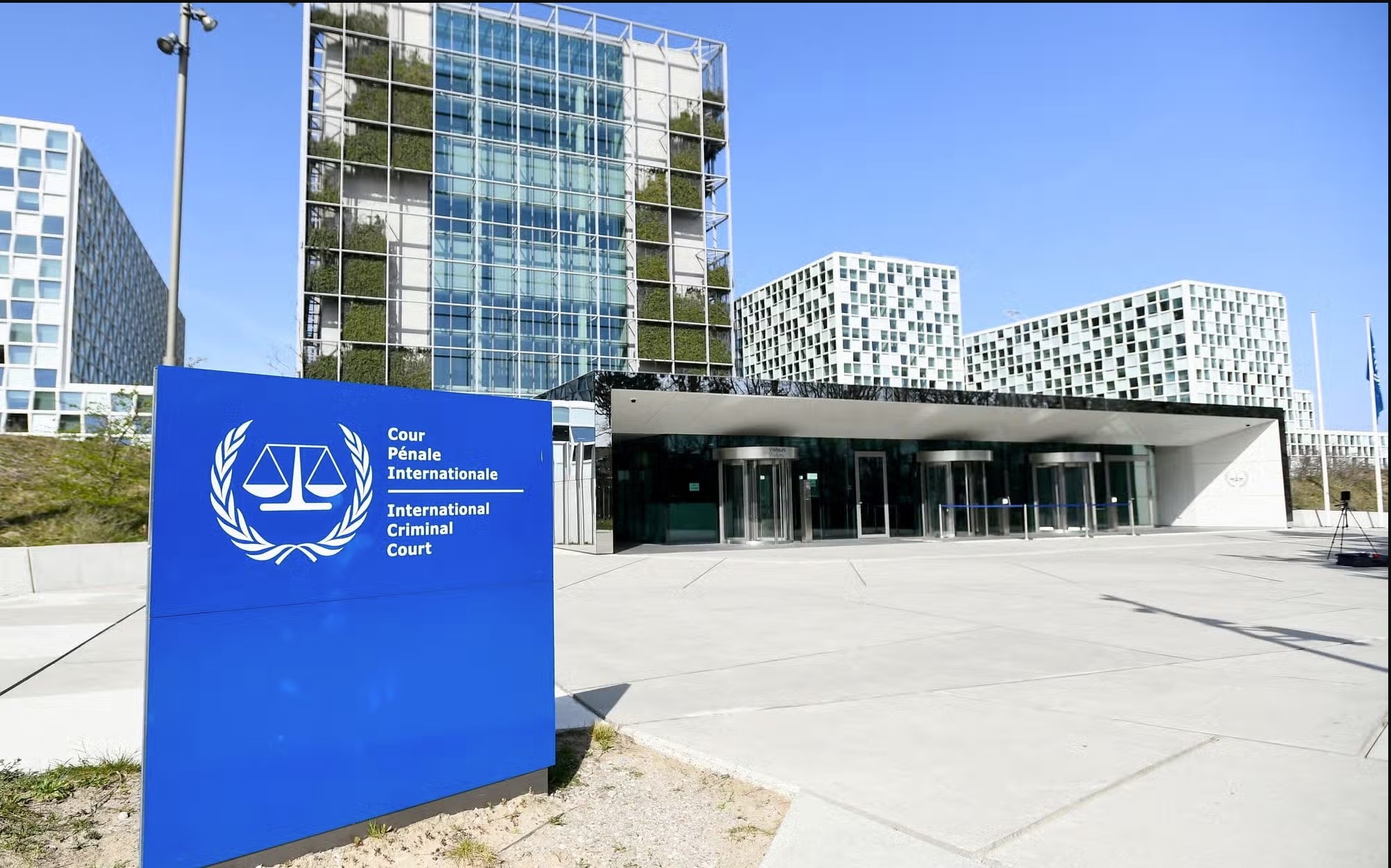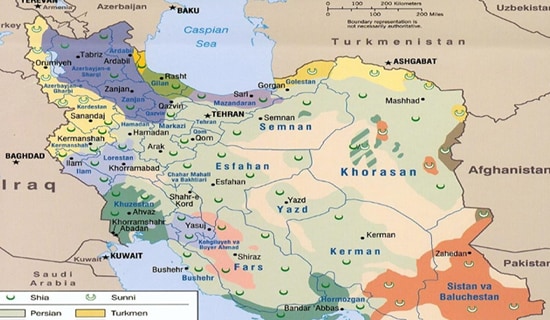In a May 31, 2007 article on the liberal website Aafaq, Egyptian intellectual Tarek Heggy writes on discrimination against Shi'ites in Saudi Arabia. The article follows a previous one he wrote on the situation of Egypt's Coptic Christians,[1] and is in the same format, apparently to underline his argument that both issues are manifestations of the same phenomenon.
The following are excerpts of the May 31 article: [2]
"If I were a Shi'ite from Saudi Arabia, I would flood Saudi Arabia and the world with the facts about the overall atmosphere that is pressuring the Shi'ites in Saudi Arabia today. The ugliest of these facts is what occurred in the 1979intifada of the Shi'ite regions, in which dozens were killed, hundreds were imprisoned, and their regions were blockaded for more than four consecutive months.
"If I were a Shi'ite from Saudi Arabia, I would familiarize the world with the injustices done to many Saudi Shi'ites since the establishment of the Saudi Kingdom in 1932 and since the Wahhabis took control of the Arabian Peninsula. [I would let the world know about] the Shi'ites' being deprived of any [part in] government, even in their own regions, where they have been barred from the high-level political posts and executive positions they deserve – not to mention their being denied any ministerial post.
"If I were a Shi'ite from Saudi Arabia, I would create a ruckus in Saudi Arabia, and in the world, because I live in the richest region in the world, with one-third of the world's oil reserves, [yet] the Shi'ite cities are the cities that the state most neglects. Many basic services are lacking, and the city residents are barred from receiving any position in the large oil companies on their land.
"If I were a Shi'ite from Saudi Arabia, I would make a huge commotion in the world, because the government spends millions of dollars on building thousands of mosques throughout the kingdom, but the Saudi government has not shared [in the costs] of building a single Shi'ite mosque or a single Husainiya since the establishment of the state. In addition, the Shi'ites are prevented from building their mosques and Husainiyas with their own funds, and they are punished for practicing their religious rituals – even though all the country's oil resources are pumped from their regions.
"If I were a Shi'ite from Saudi Arabia, I would make my voice heard in the world, because since the kingdom's establishment to the present day, there has been no Shi'ite minister appointed in the country – and, as of this writing, they [i.e the Shi'ites] are barred from working in the Foreign Ministry, the army, the armed forces, and the National Guard.
"If I were a Shi'ite from Saudi Arabia, I would publish articles, one after another, about how the [Saudi] media ignores matters [concerning me] and my religious holidays – as if I and the Shi'ites did not exist in Saudi Arabia.
"If I were a Shi'ite from Saudi Arabia, I would flood the world with complaints about what the suffering Shi'ites go through [merely] in order to found a mosque or a Husainiya. These are built clandestinely and in complete secrecy, with [the Shi'ites'] their own funds, and if [those responsible] are discovered, they are imprisoned and fined, and everything they have built is destroyed.
"If I were a Shi'ite from Saudi Arabia, I would bring the world to its feet because of the terrible things written by some writers, members of the Council of 'Ulama… and all the Wahhabi sheikhs who are close to the Saudi government, on the permissibility of shedding Shi'ite blood, of defiling their honor, and of seizing their money and their possessions.
"If I were a Shi'ite from Saudi Arabia, I would conduct a campaign within [Egypt] and outside it, against classifying Saudis according to sect. Why should someone who conducts a relationship with me on the general and public level want to know what my sect is?
"If I were a Shi'ite from Saudi Arabia, I would lead a publicity campaign about the Saudi bureaucracy, which has made judicial law in the state courts into a means of oppressing the people and, in particular, a means of crushing the Shi'ites. I would demand that it be annulled, because it is prejudicial and an offense to the most basic of human rights.
"If I were a Shi'ite from Saudi Arabia, I would make the world understand that the issue of the Shi'ites in Saudi Arabia is one of the symptoms of a [certain] mentality whose influence has spread through this region of the world, and that all humanity must force [those with] this mentality to reconsider this discriminatory path."
[1] See MEMRI Special Dispatch No. 1587, "Egyptian Muslim Intellectual Criticizes Egypt's Treatment of Copts," May 16, 2007, Egyptian Muslim Intellectual Criticizes Egypt's Treatment of Copts.
[2] www.aafaq.org, May 31, 2007.








